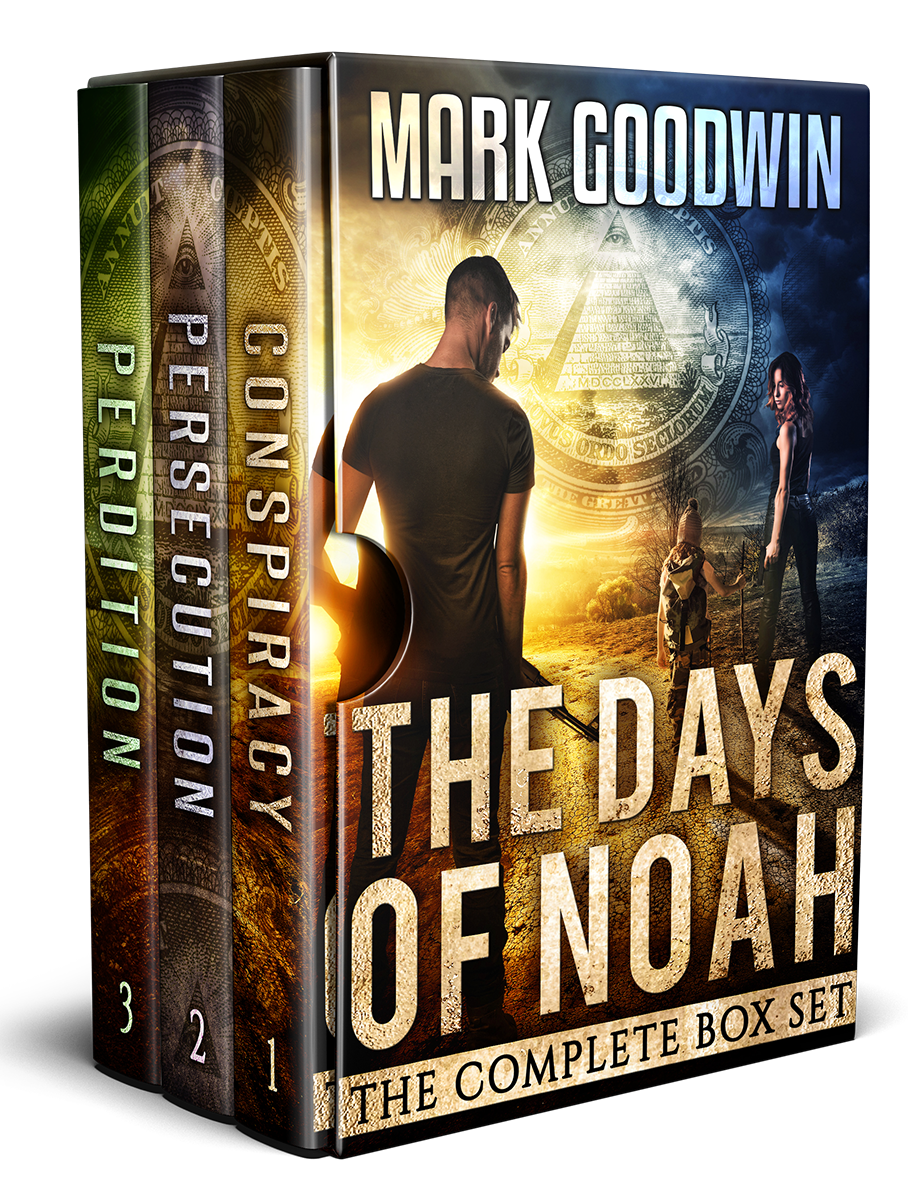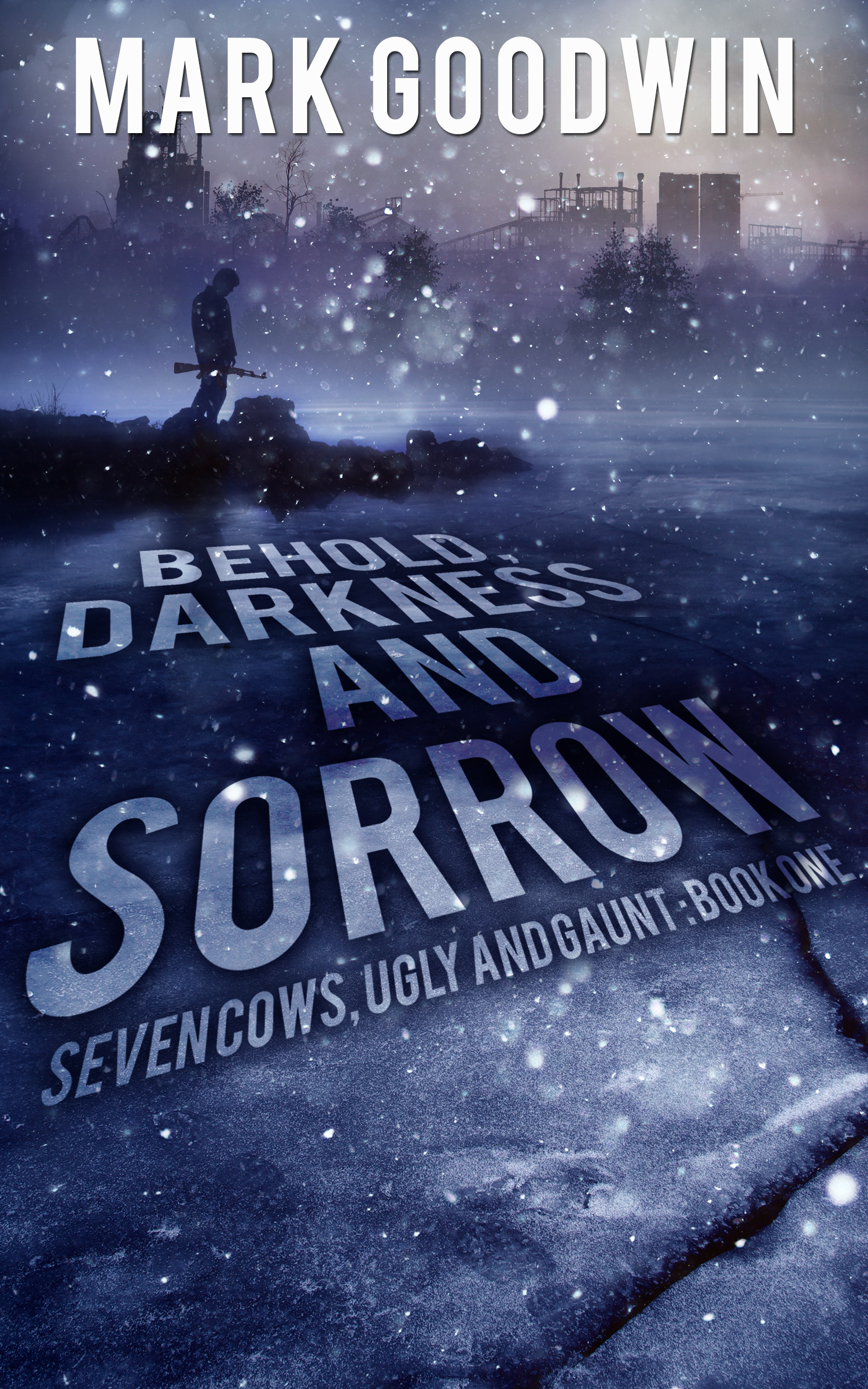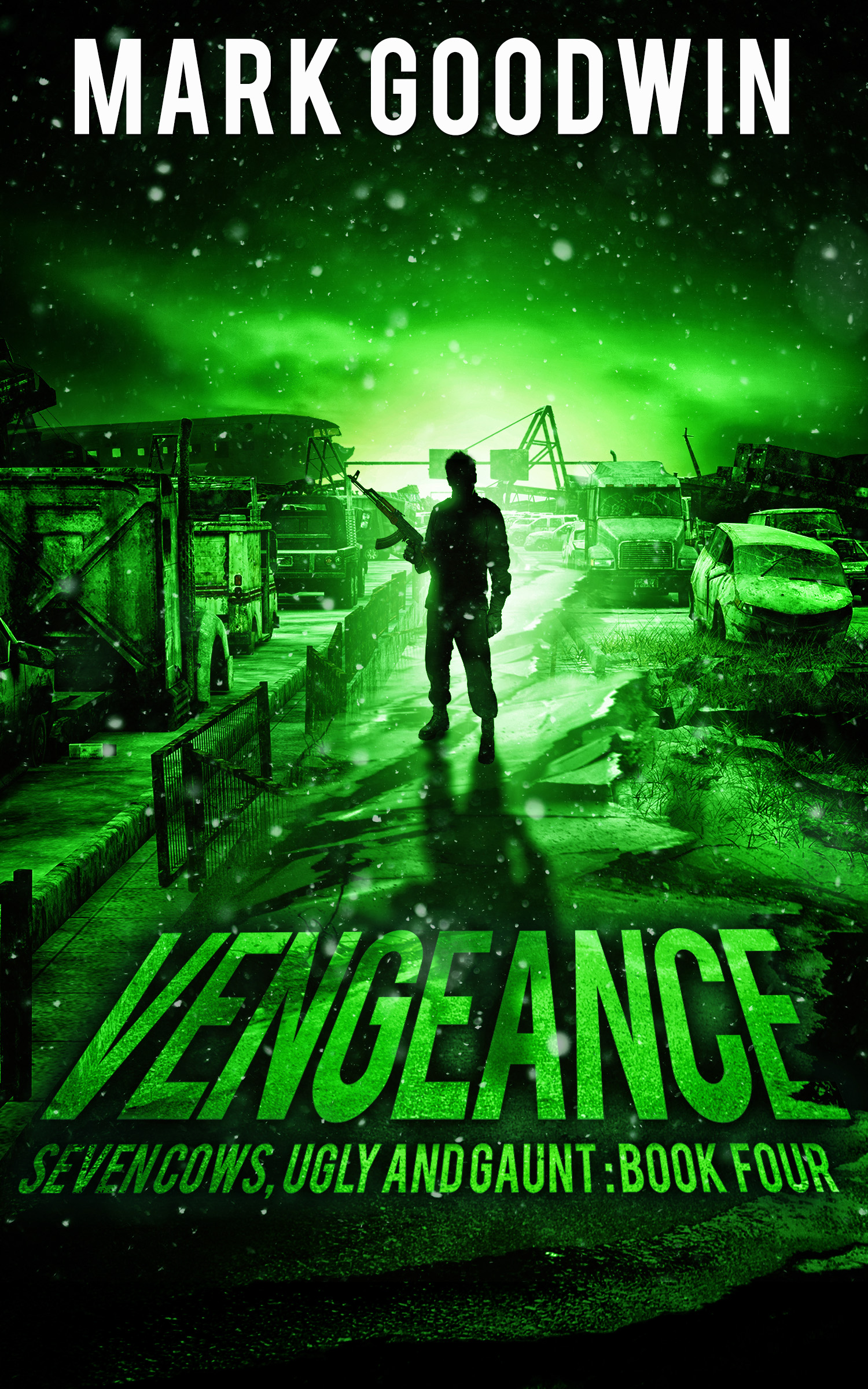Digital Privacy- Big Brother’s Blind Spot
Digital Privacy- Big Brother’s Blind Spot
We have surpassed the surveillance state of “1984”
“1984” was written in 1949. George Orwell depicts a society under complete control of the government. With the recent information delivered by people who have risked their lives to tell us the truth like Edward Snowden did, we find that we are being monitored at a much higher level than what is depicted in the book. Winston, the main character in “1984” has found a small blind spot in his kitchen that cannot be seen by the ever watching electronic eye of Big Brother. He uses this spot to allow his mind to be free. He scribbles in a journal and expresses his innermost feelings of disgust with the oppressive government. The media quickly changes the story of Prism into the cat and mouse story of Edward Snowden to distract Americans from considering what has been lost by the government snooping.
Many people do not feel threatened by the Prism program as they aren’t doing anything wrong. I will remind those people that the Jews in Germany tolerated many minor offenses in the years that lead up to being loaded into the cattle cars. Like you, they had done nothing wrong, so why would they have any thing to worry about? The moral of the Holocaust is that a government doesn’t build a police state unless they intend to use it. What people group do you belong to? Is your opinion in favor with the people who are in power now? If so, do you know your opinion will still be in favor after the next election cycle?
Here are a few practical steps that you can take to protect your digital privacy. As you practice them, you will become more conscious of how violated your digital privacy has really become. It is not because you are doing anything wrong, it is because the government is. Your business is your business unless someone has a court order signed by a judge that specifies the areas to be searched. The 4th amendment to the Constitution says:
“The right of the people to be secure in their persons, houses, papers, and effects, against unreasonable searches and seizures, shall not be violated, and no warrants shall issue, but upon probable cause, supported by oath or affirmation, and particularly describing the place to be searched, and the persons or things to be seized.”
5 Steps to reduce your digital footprint:
1.Use a more secure browser like Firefox rather than Explorer or Chrome.
2.You can use a proxy search engine that still gives you Google search results. It is called StartPage and can be added to your list of search engines on Firefox for free. Start page doesn’t cache your searches online. StartPage will also allow you to view your results via proxy as well. This keeps the site you view from being cached online or on your computer. It will take a bit longer to load than a direct view, but if you are looking at sites like PrepperRecon.com that may mark you as a patriot, constitutionalists or conservative, it may be worth the extra few seconds.
3. You can use a free encryption program called TruCrypt to encrypt data stored on your home computer. It will take you about a half an hour to read the instructions and be using spy level encryption to protect your documents and information from prying eyes. It can also be used to encrypt normal flash drive. While less secure than the computer version, it is still hard to get into unless someone really knows what they are doing.
4. There are encrypted e-mail solution that are being developed as we speak. MyKolab is operational but still being developed. They have to turnover your records if required by law, but as they are hosted in Switzerland, they are protected by much more secure privacy laws than most of the rest of the world, especially the USA.
5. Use cash instead of credit. All of your credit card purchases are recorded forever. Also, all of your online purchases are recorded unless you use a computer away from your home and employ a cryptocurrency like bitcoin to make your online purchase.
Trace Myer has set up an entire website dedicated to helping you reduce your electronic foot print. He has several education videos available on his site, HowToVanish.com
Another site that helps you opt out of the surveillance state is Prism-Break.org. They have lots of outsources to give you more private alternatives to the digital services you use everyday.
You may not be able to disappear overnight, but you can start taking steps to make it harder for the government to infringe upon your constitutional rights.
Protect your digital privacy and happy prepping!
MDG













































